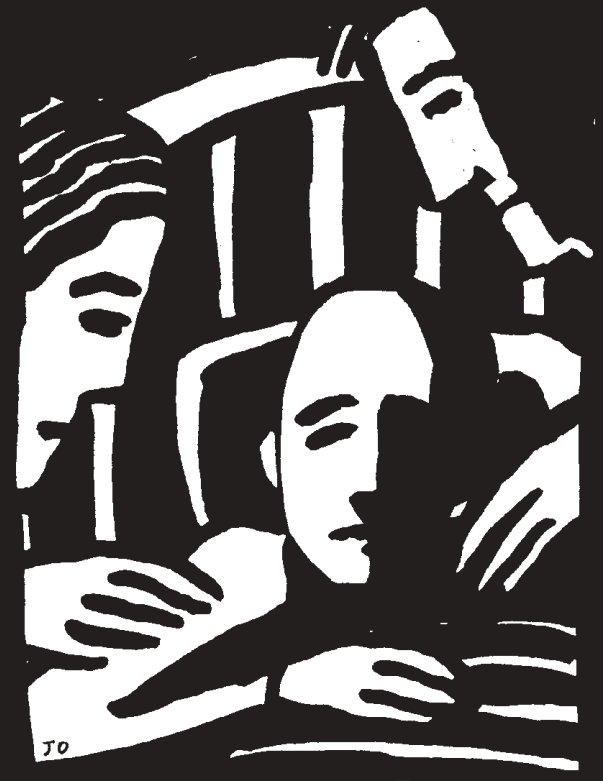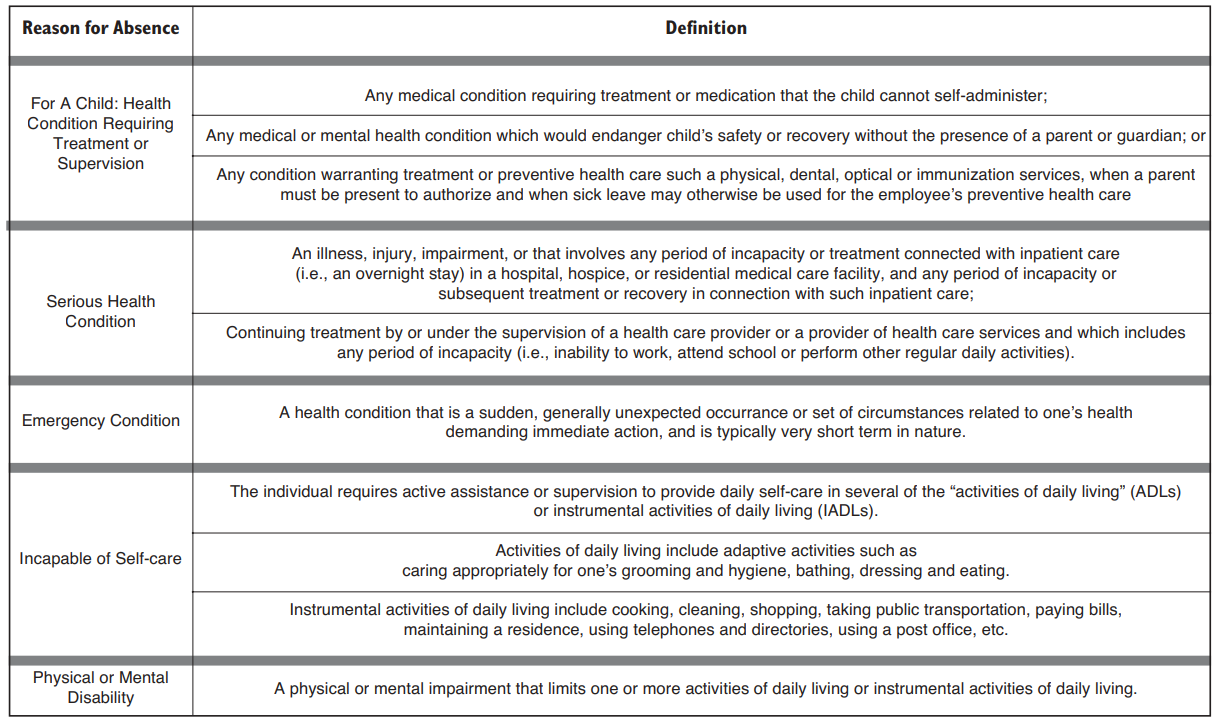The law defines reciprocal beneficiaries as two adults who are legally prohibited from marrying under state law.
This broad definition encompasses not only same-sex domestic partners but adult brothers and sisters, a widowed parent and a grown child, aunts and nephews, etc.
Those persons entering into a reciprocal beneficiary relationship must register their relationship as reciprocal beneficiaries with the Department of Health.
Who is eligible to enter into a reciprocal beneficiary relationship?
• There are no state residency or U.S. citizenship requirements.
• The two individuals must both be at least 18 years of age.
• Neither individual can already be married nor be in another reciprocal beneficiary relationship.
• The consent of each indvidual entering into the reciprocal beneficiary relationship cannot have been obtained by force, duress, or fraud.
• The two individuals entering into a reciprocal beneficiary relationship must be prohibited by state law from marrying one another, which include but are not limited to relationships such as brother and sister of the half as well as to the whole blood, uncle and niece, aunt and nephew, widowed mother and her unmarried son, and two persons of the same sex/gender. ◆

More on family care leave, page 8
Chart 2: Family Care Leave Definitions
The following table is based on the US Family and Medical Leave Act (FMLA) of 1993. The Hawaii Family Leave Law includes family members not included in the federal law—such as parents and grandparent-in-laws, grandparents, and reciprocal beneficiaries.

Send us your stories to publish in the Voice
We are always looking for stories to publish in the Voice of the ILWU. This is your union newspaper and we want to make it better.Examples of stories are: a story about your unit officers or union steward solving a workplace problem; a story about a typical day at work; a story about a funny incident or good experience at work; a story about members helping each other; a story about community service or volunteer work by any ILWU member or retiree; a story about enjoying a benefit provided by the union contract; a story about union activities at your workplace or about union related activities of any ILWU member or retiree. Include a picture if possible.
Stories can be about almost anything, but should promote the work and principles of the union/ ILWU. After all, this is a union newspaper.
Don’t worry about your writing. If you send us enough facts and your email address or phone number so we can ask questions, then we can write the final story.
If we use your story or if we intend to use your story in the future, your name will be entered in a drawing, with a chance to win a digital camera and other prizes. We’ll hold the drawing for the camera in August 2006 and drawings for other prizes every 3 months. Each entry will have one chance to win the other prizes and one chance to win the digital camera. You may enter as many times as you want. Full-time officers and staff may send us stories, but are not eligible for any prizes.
You may email your entries to ilwu142@flex.com or mail them attention Mel Chang, ILWU Local 142, 451 Atkinson Drive, Honolulu, HI 96814.
